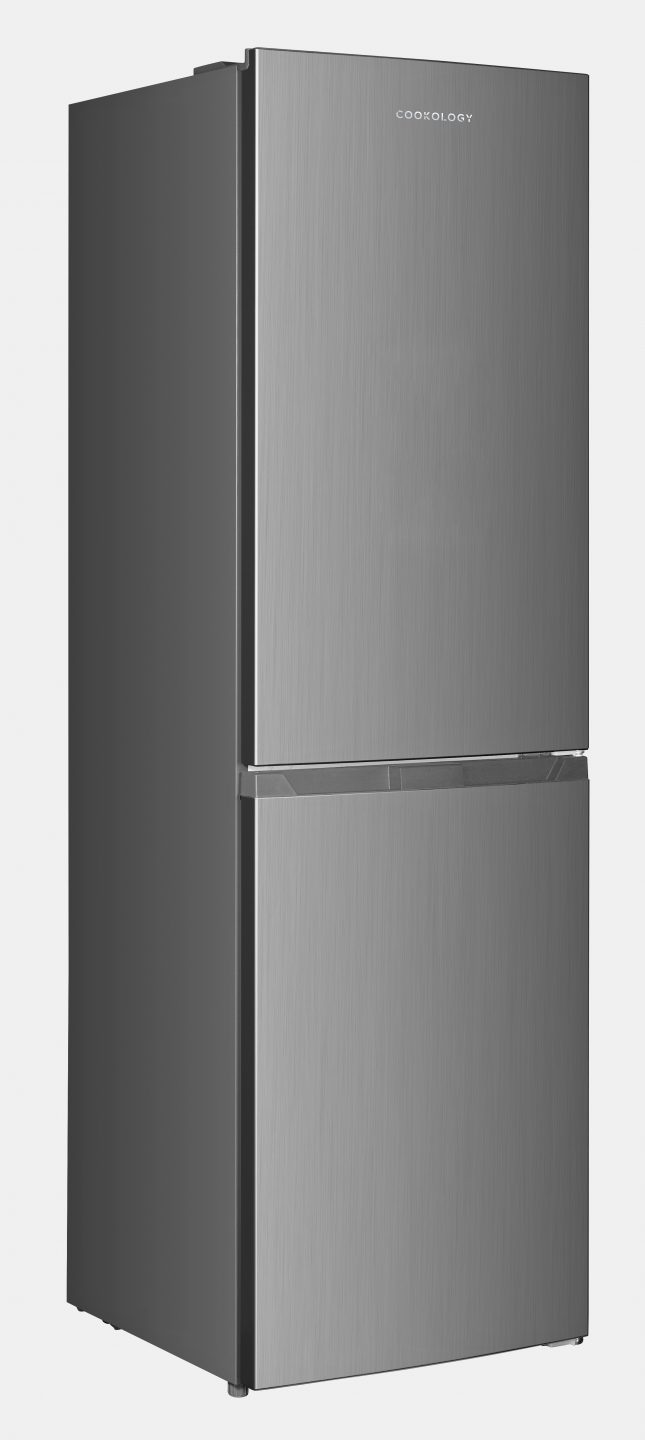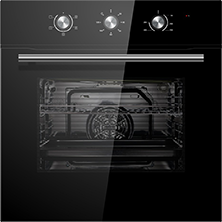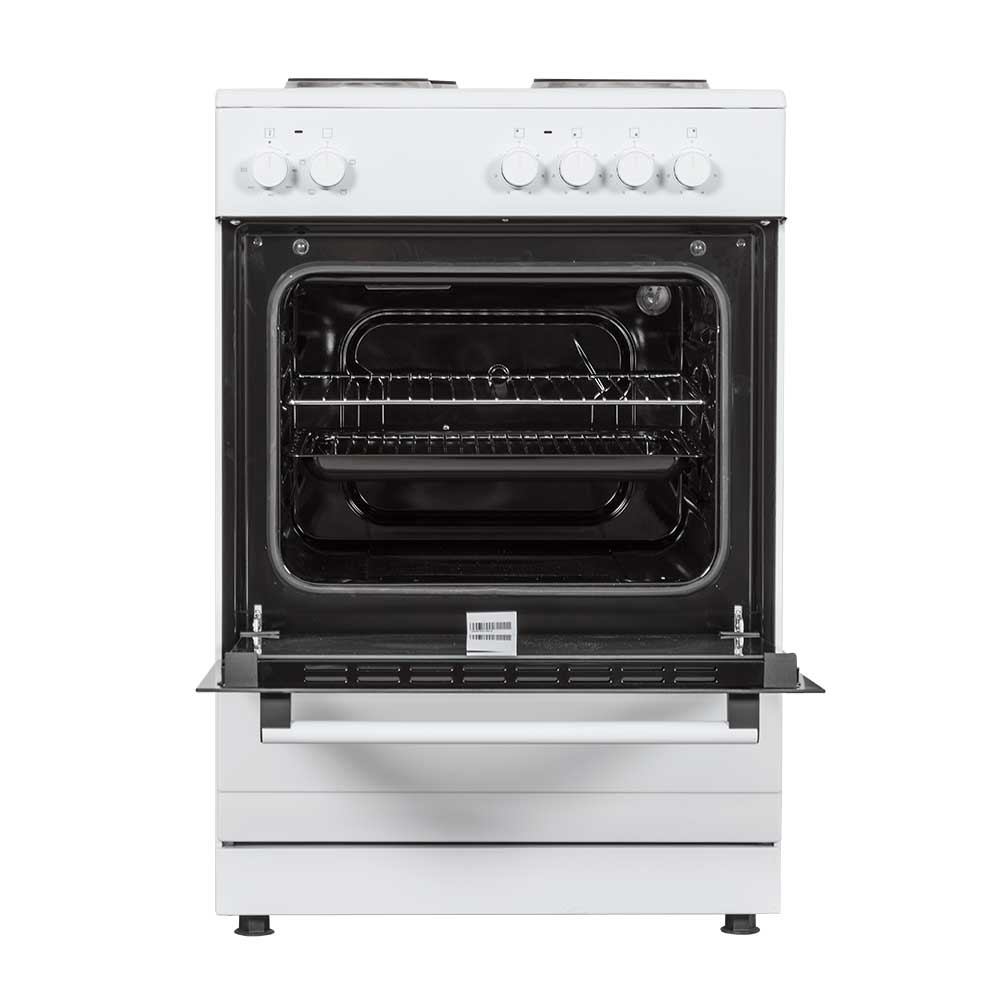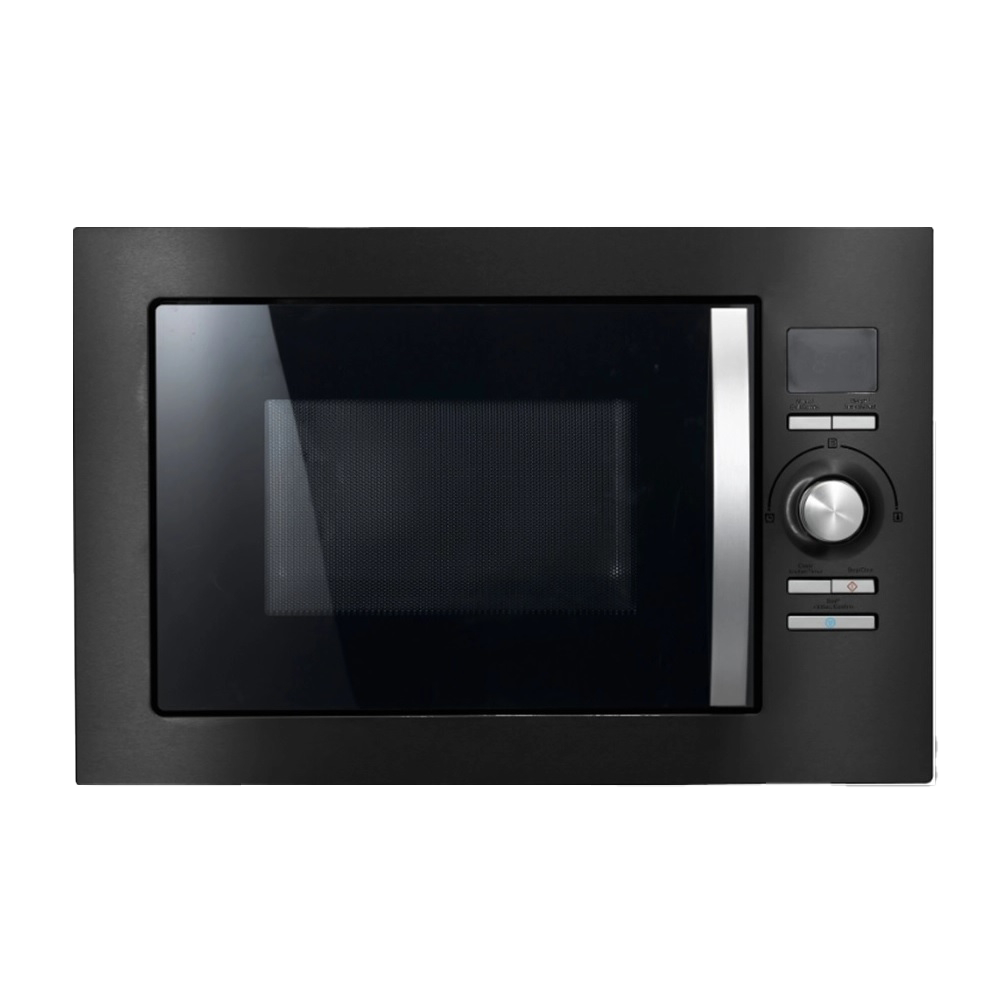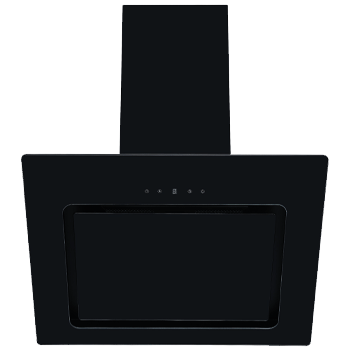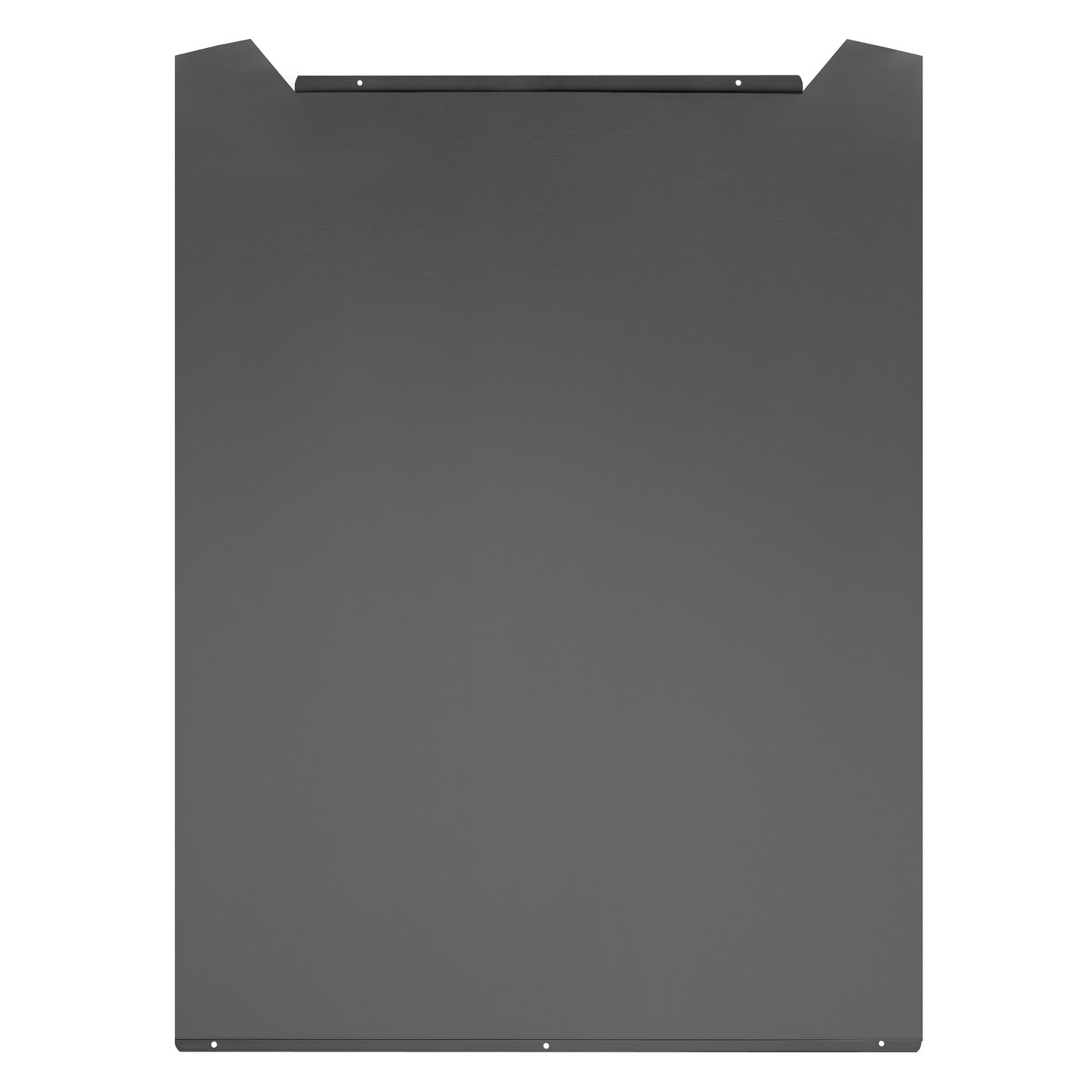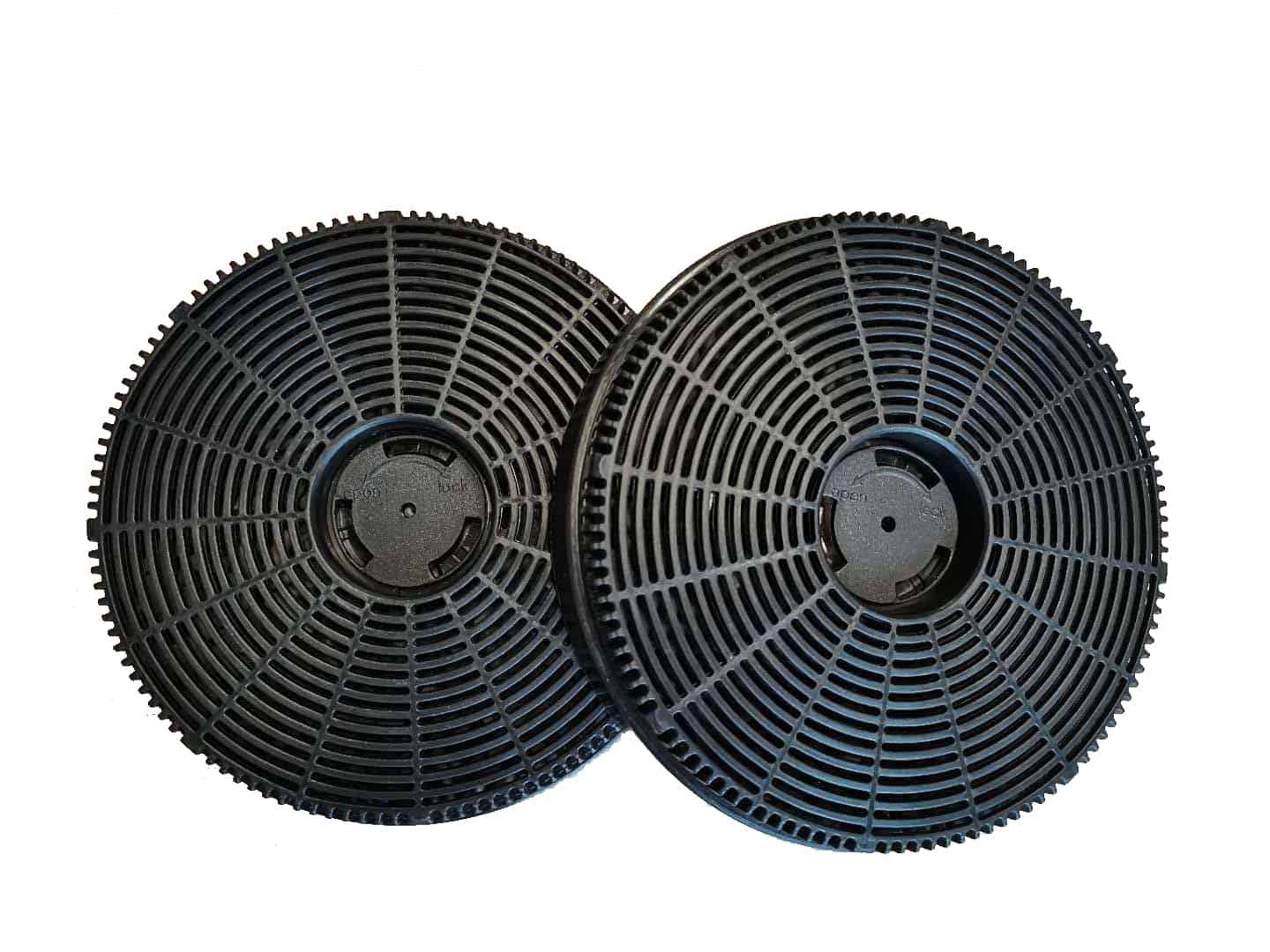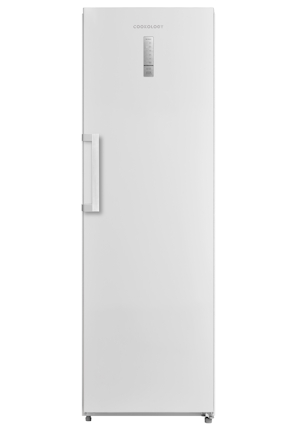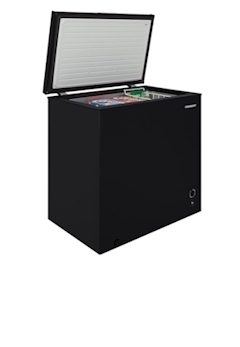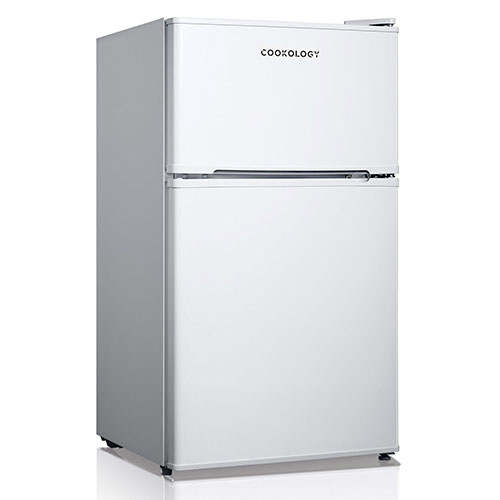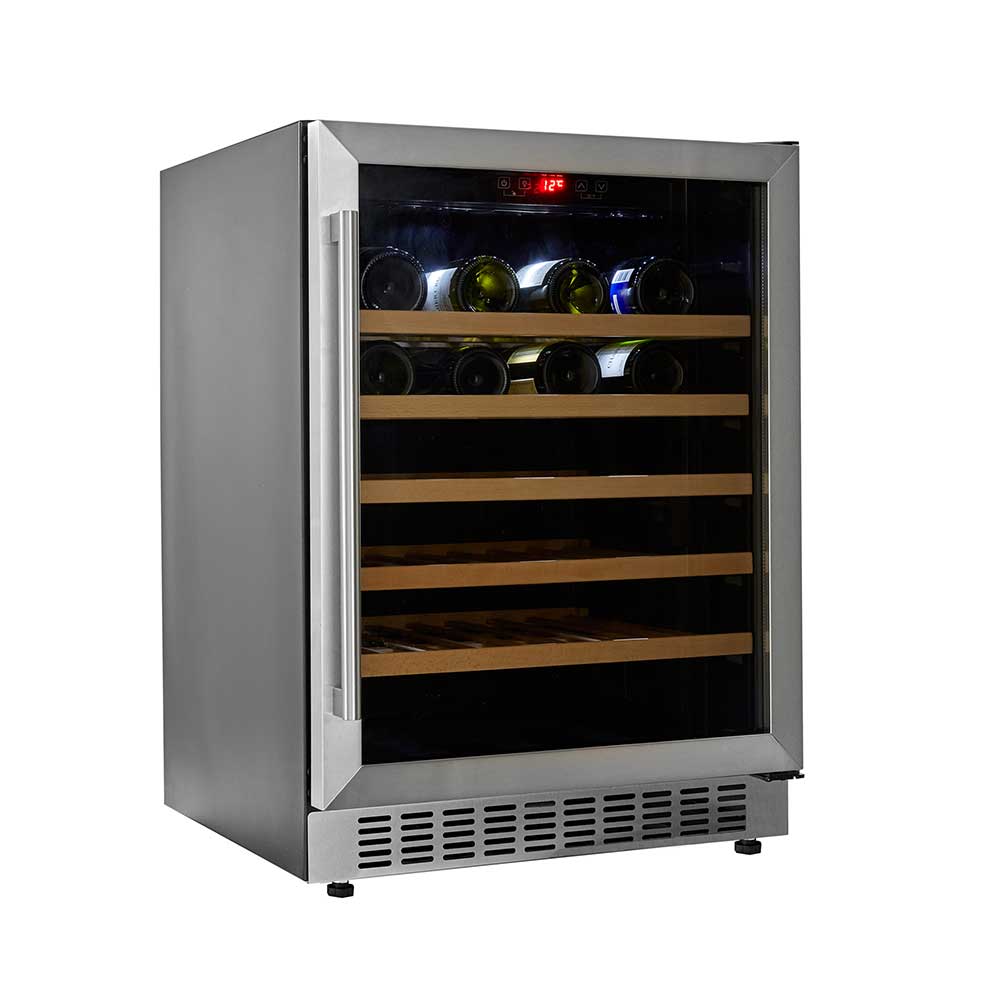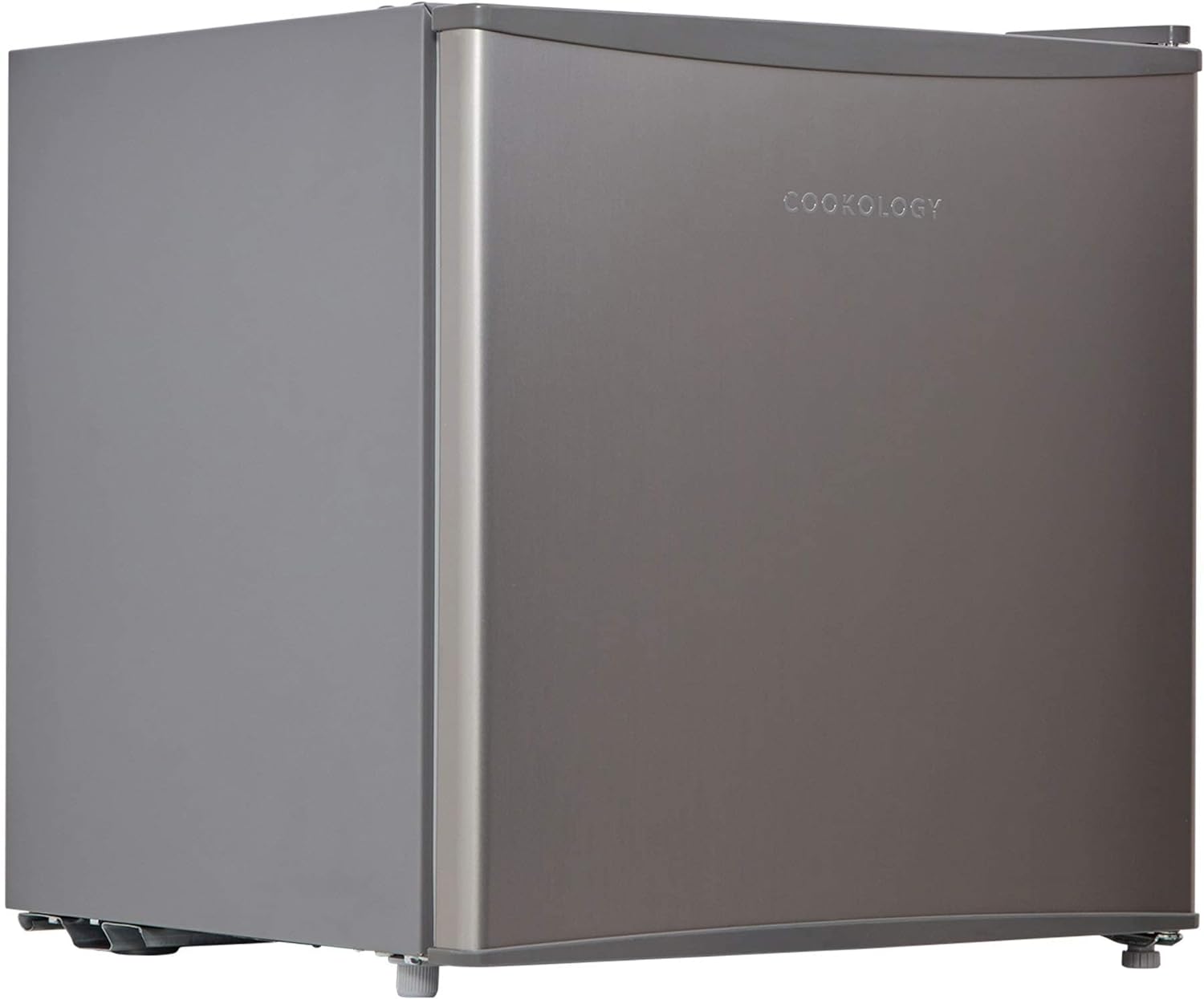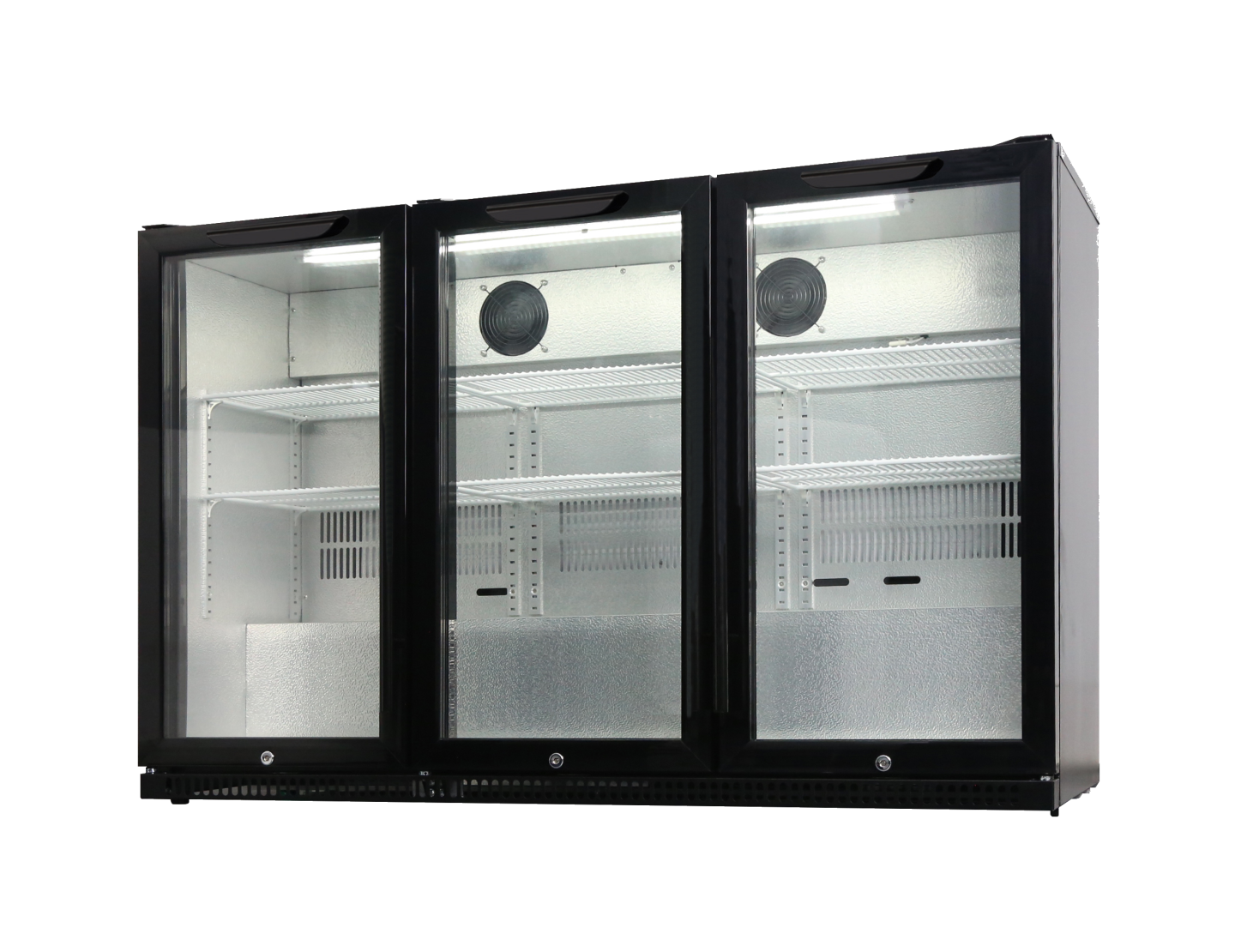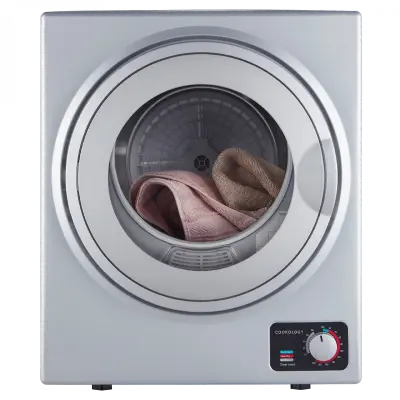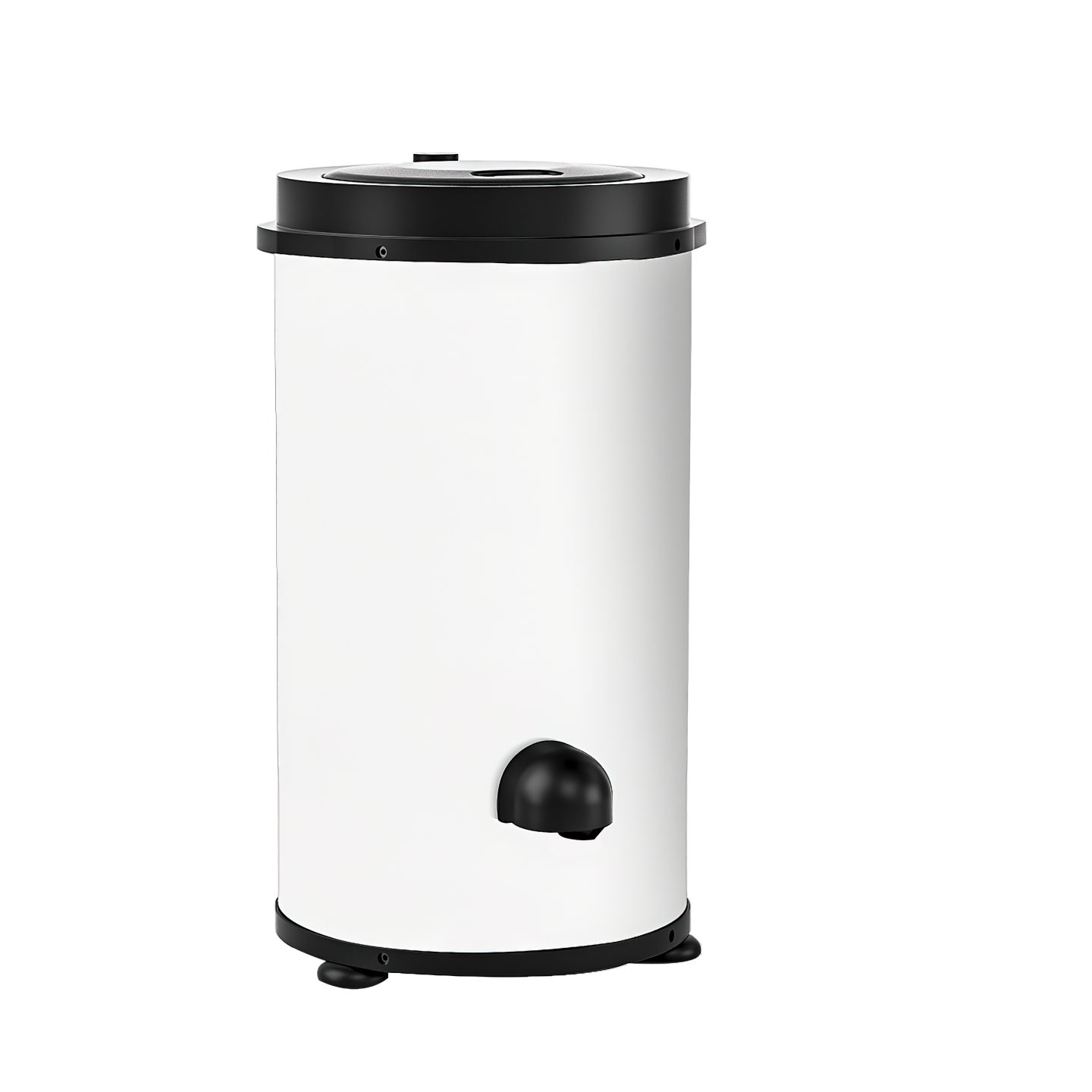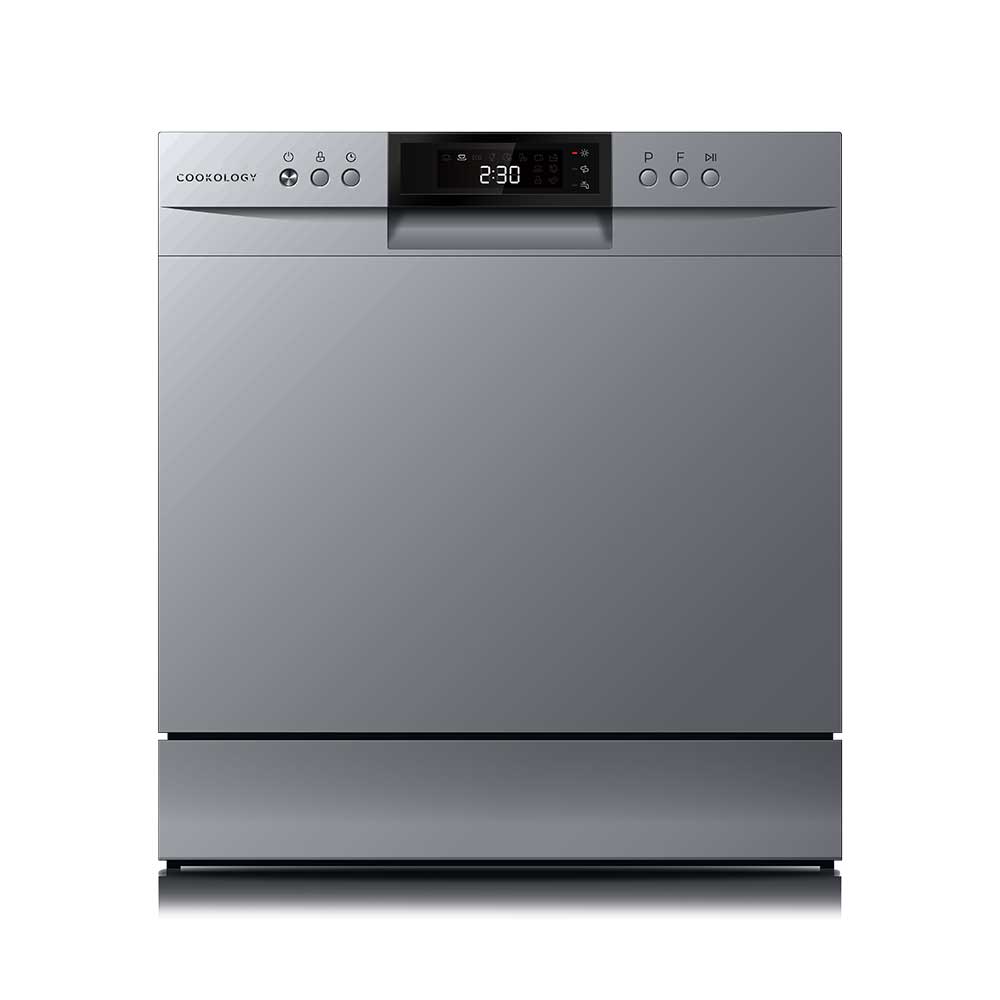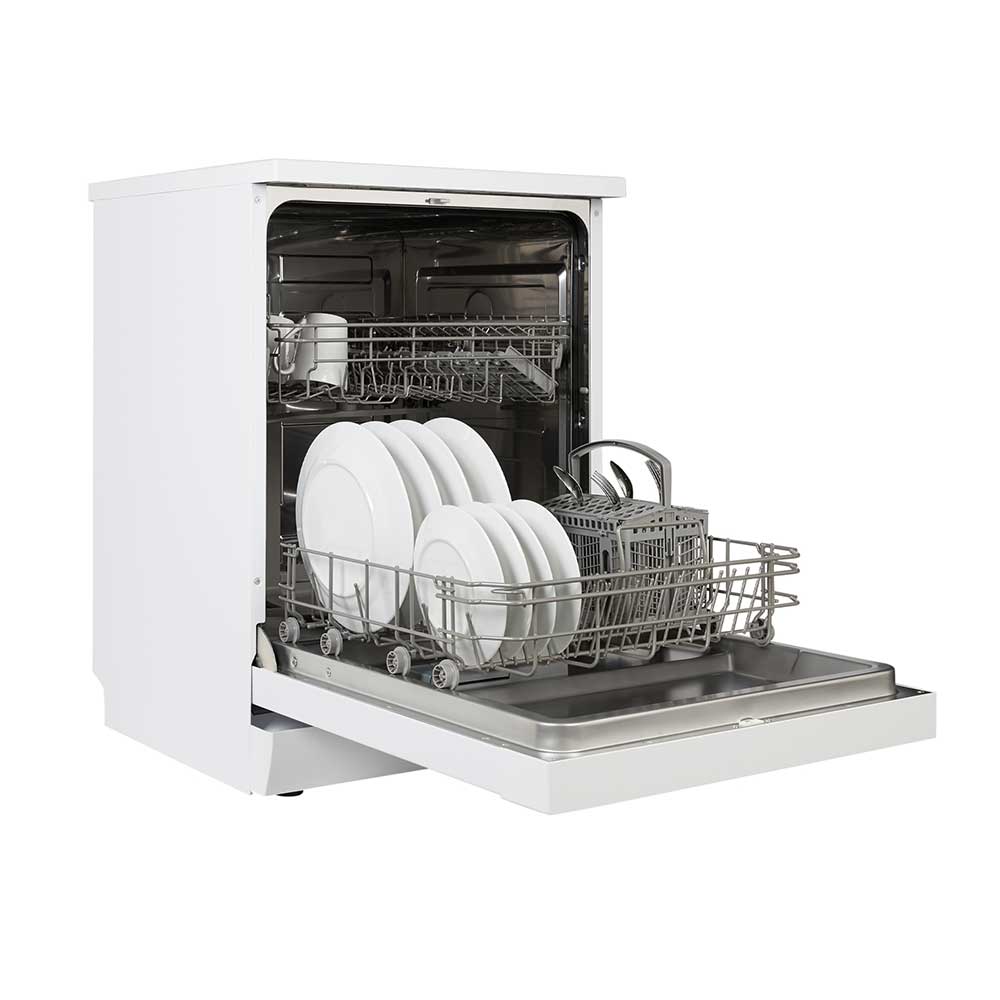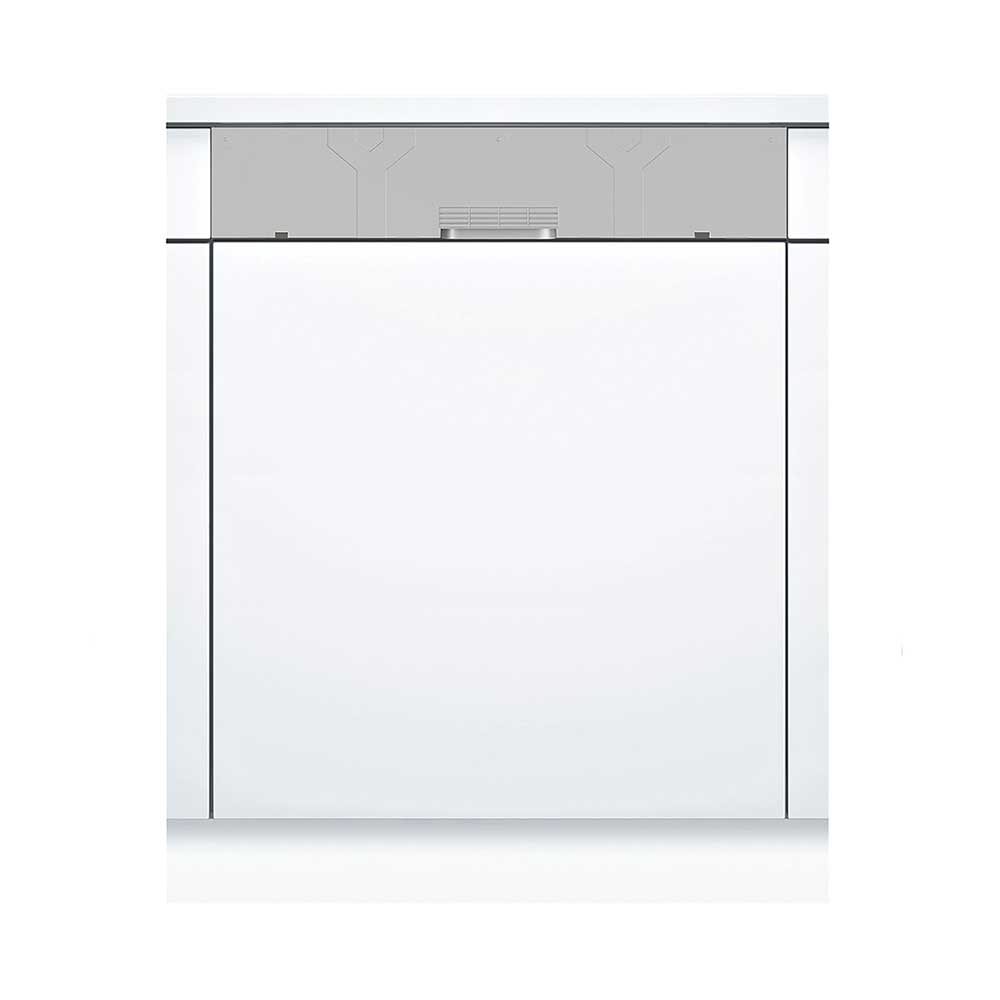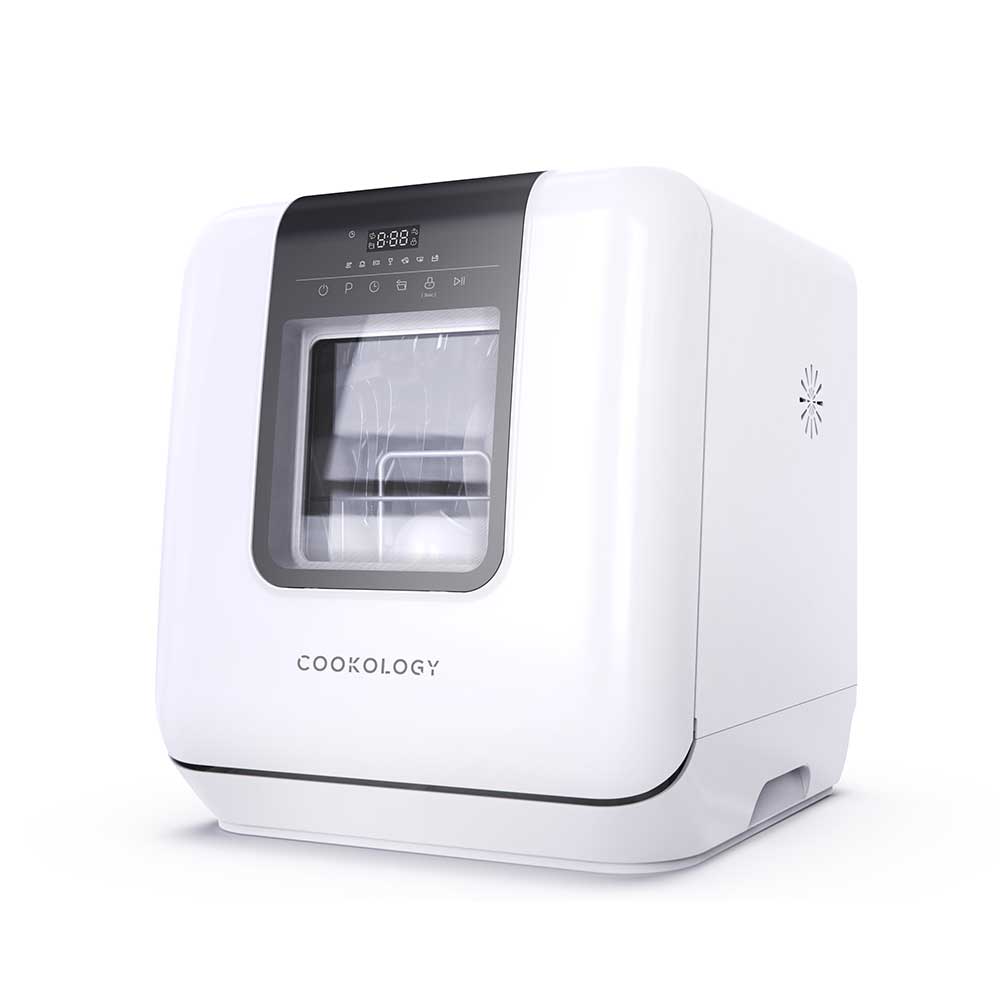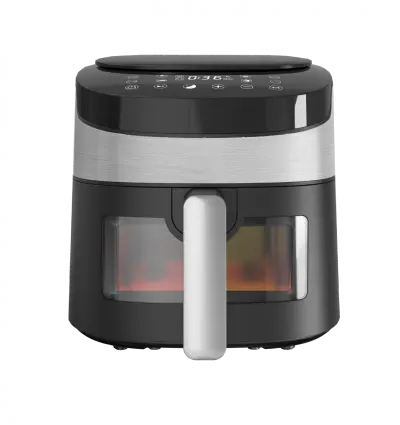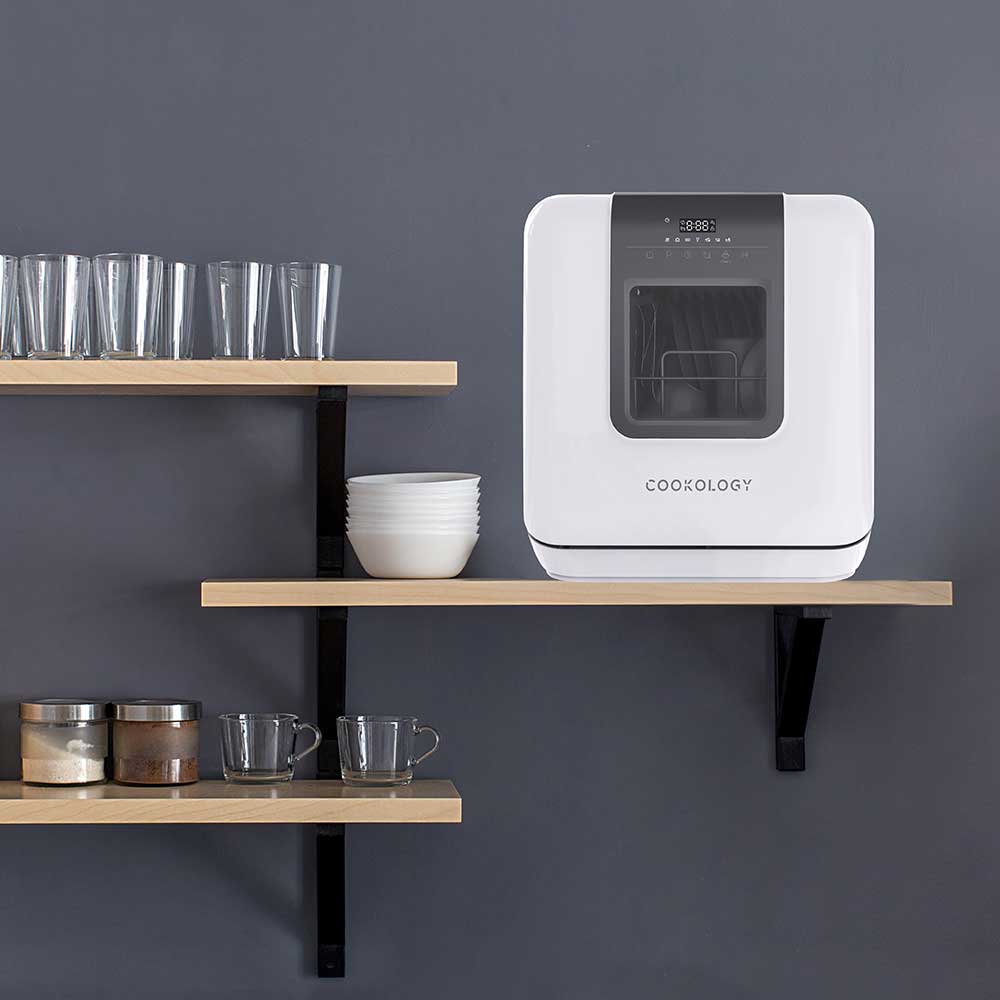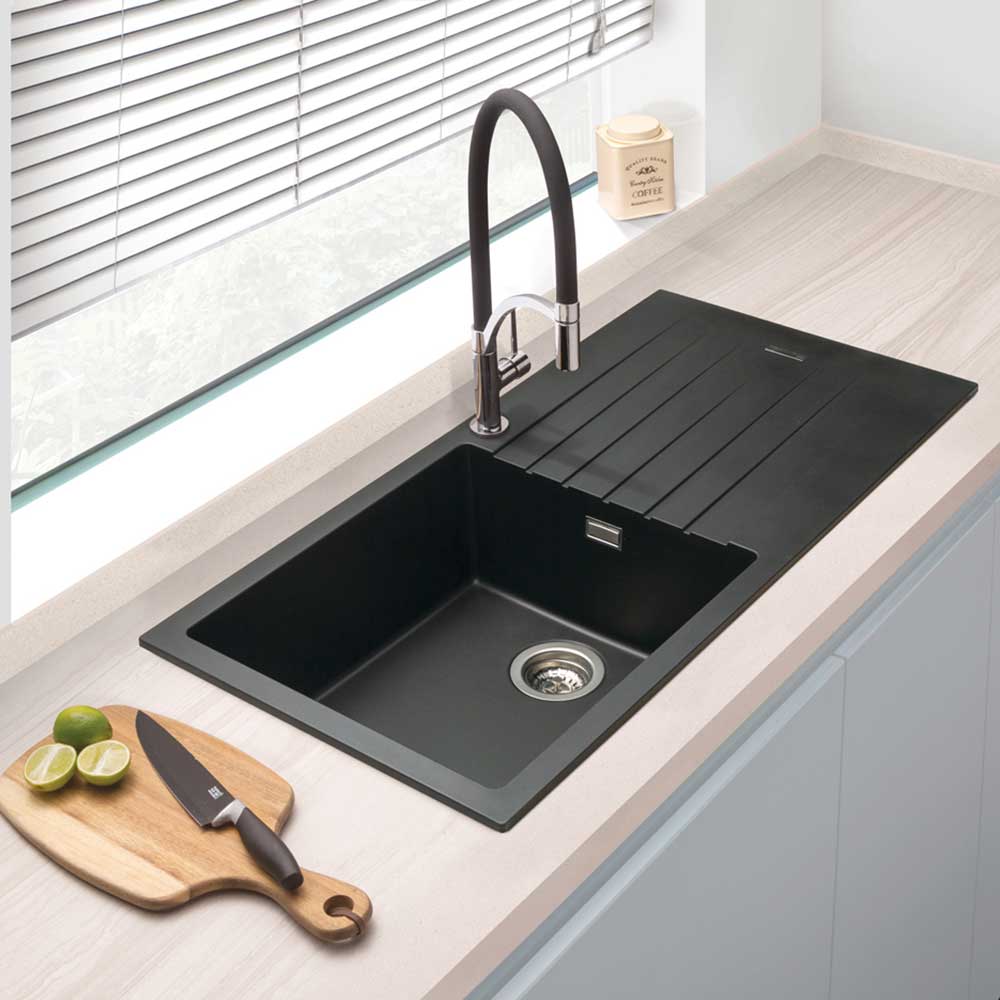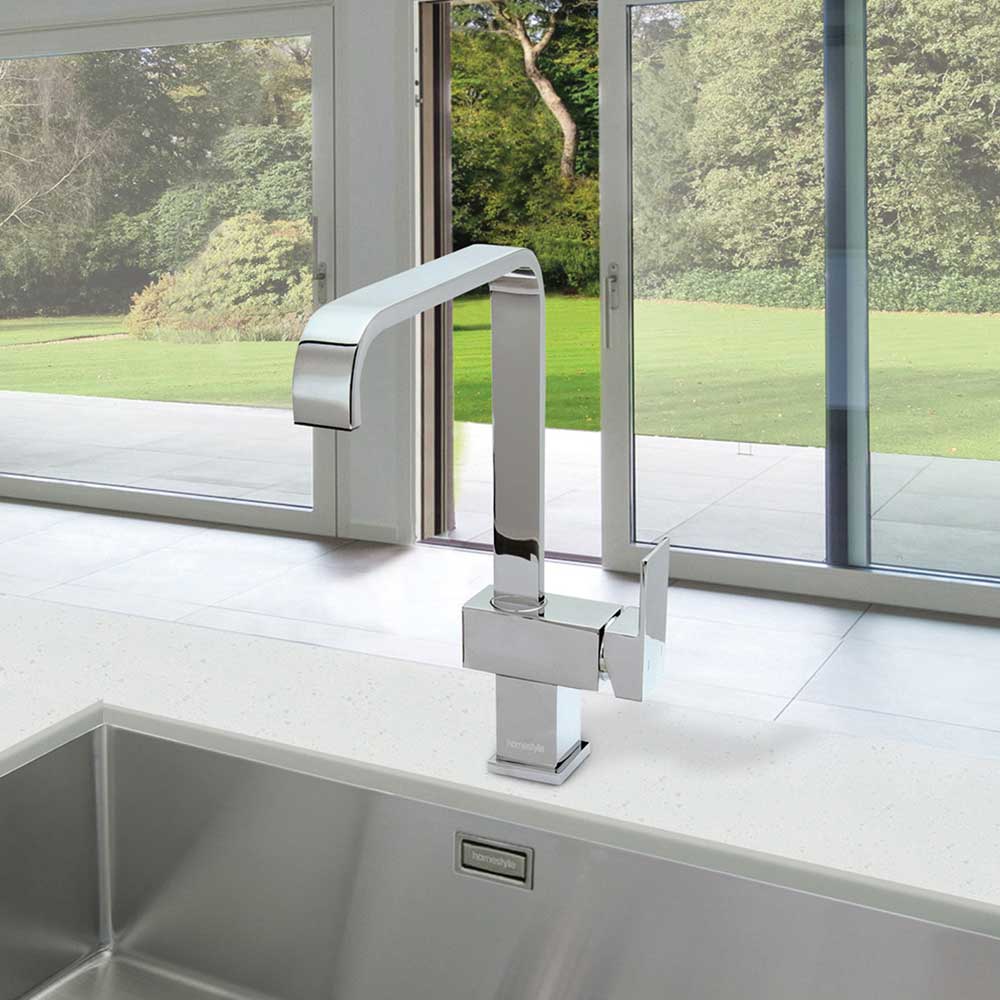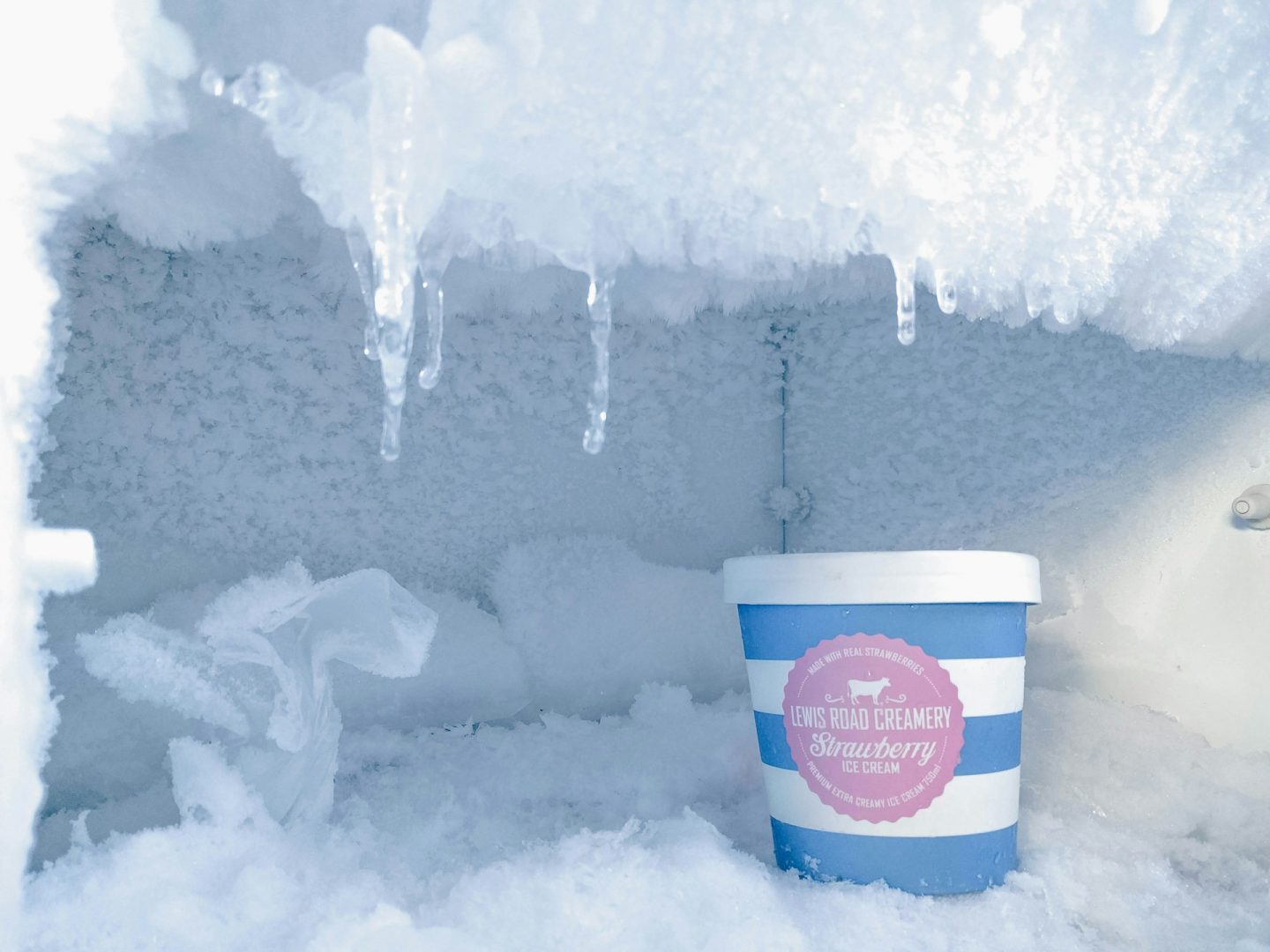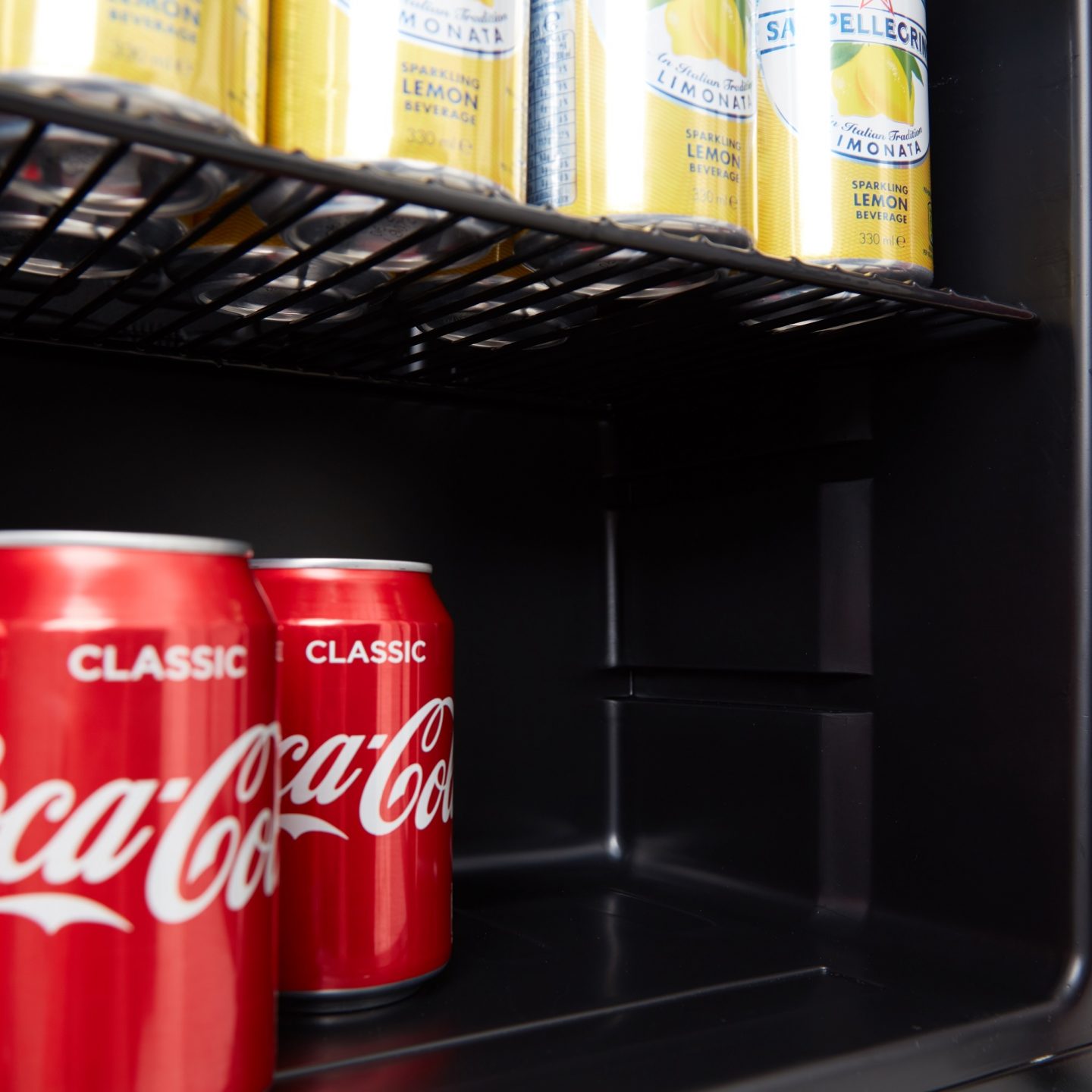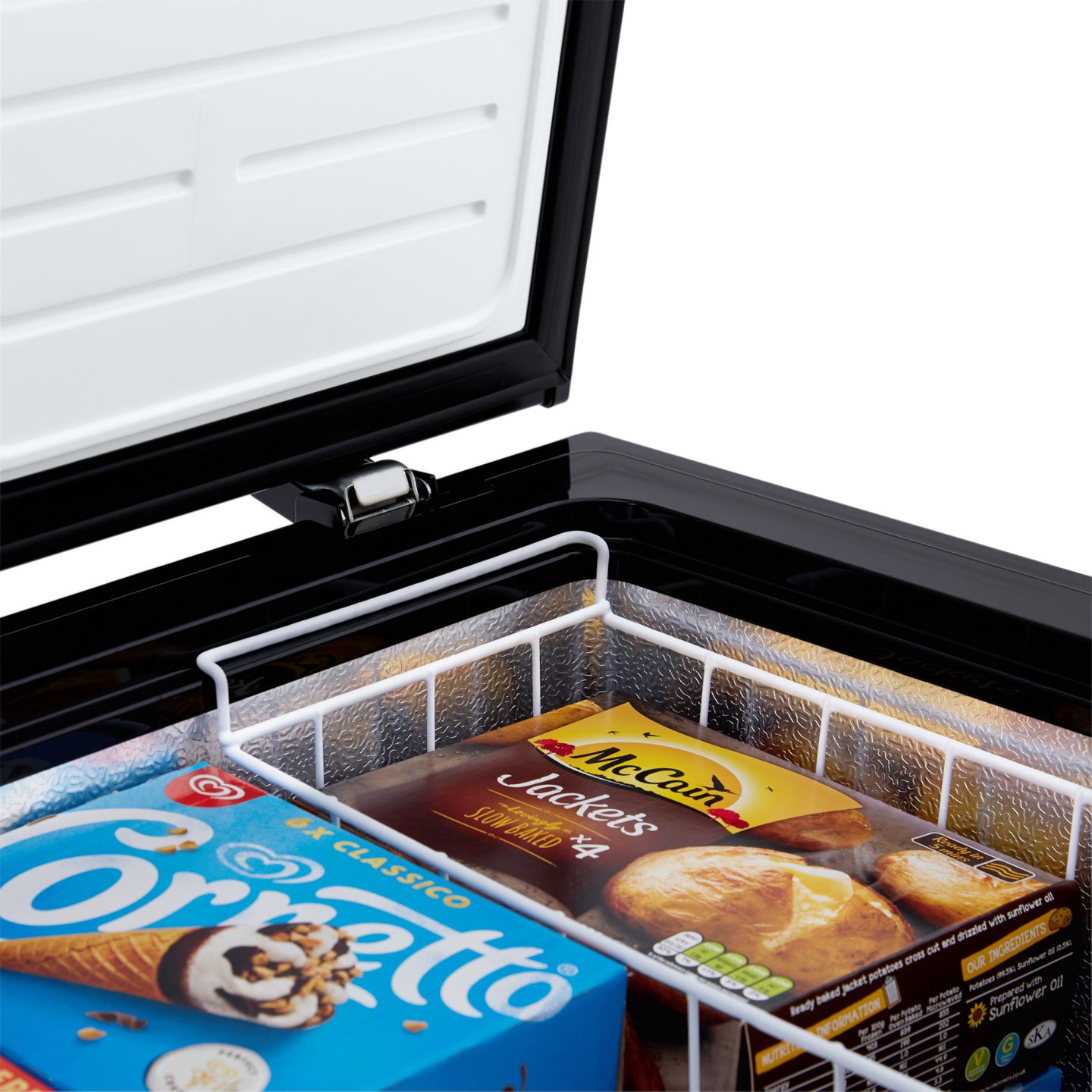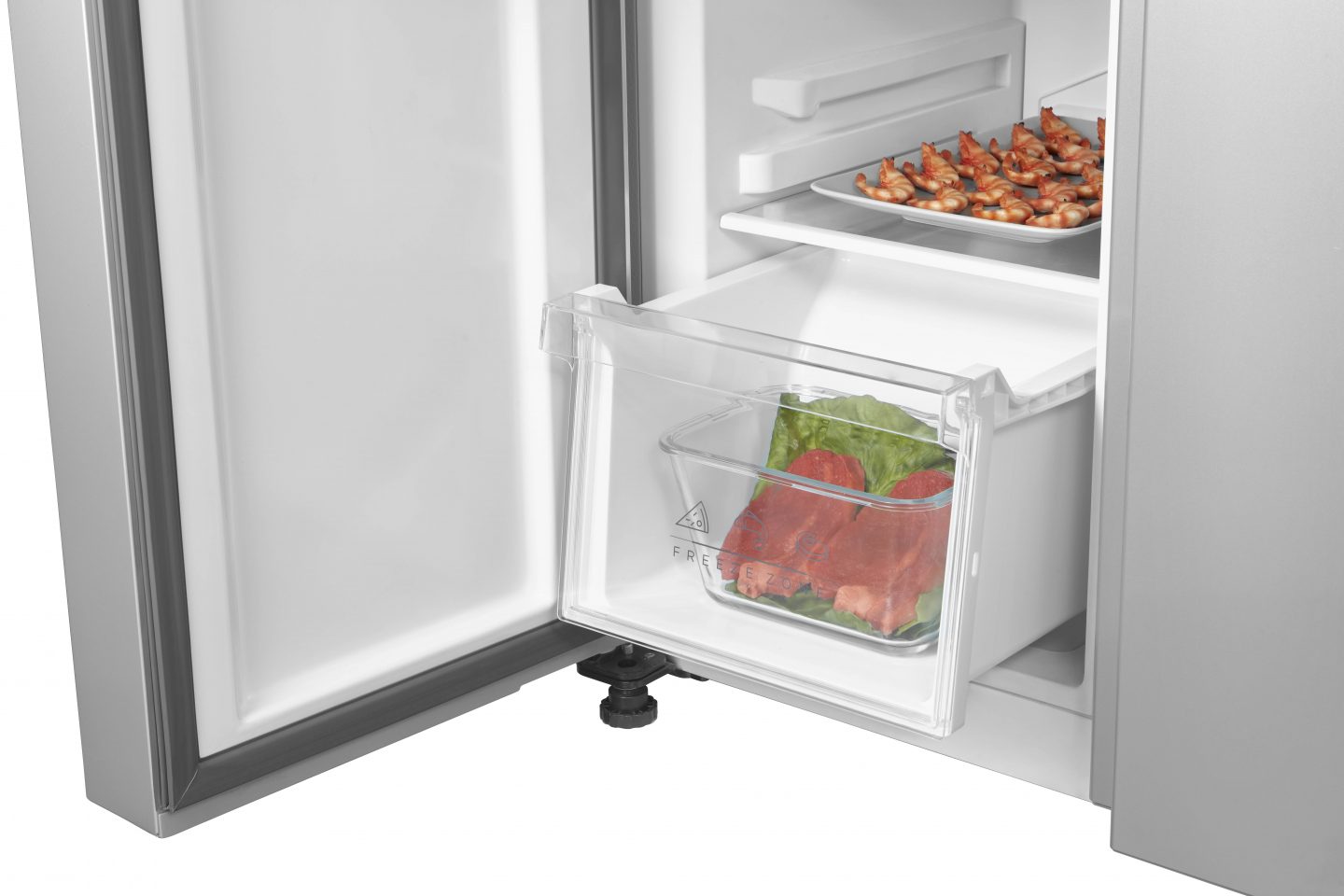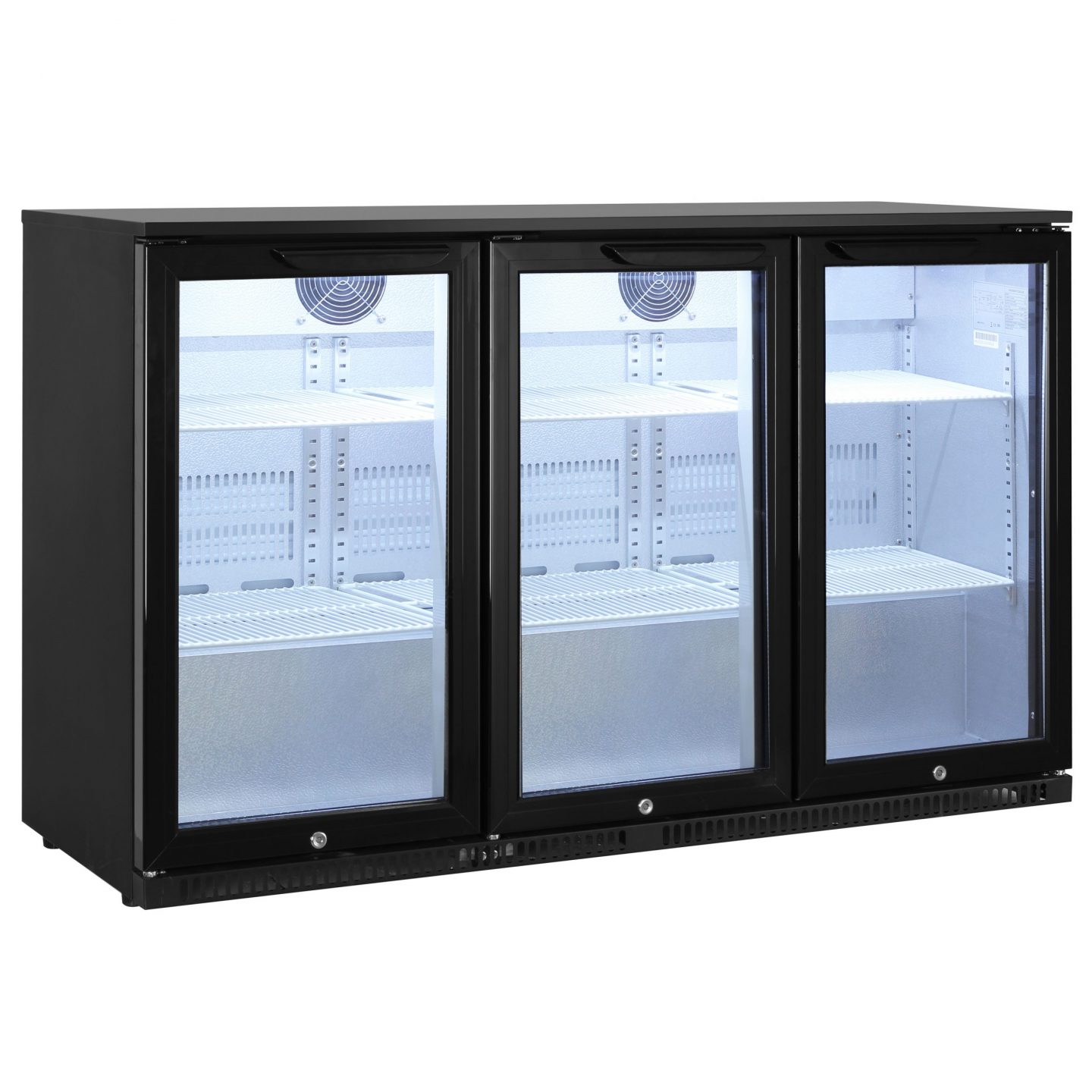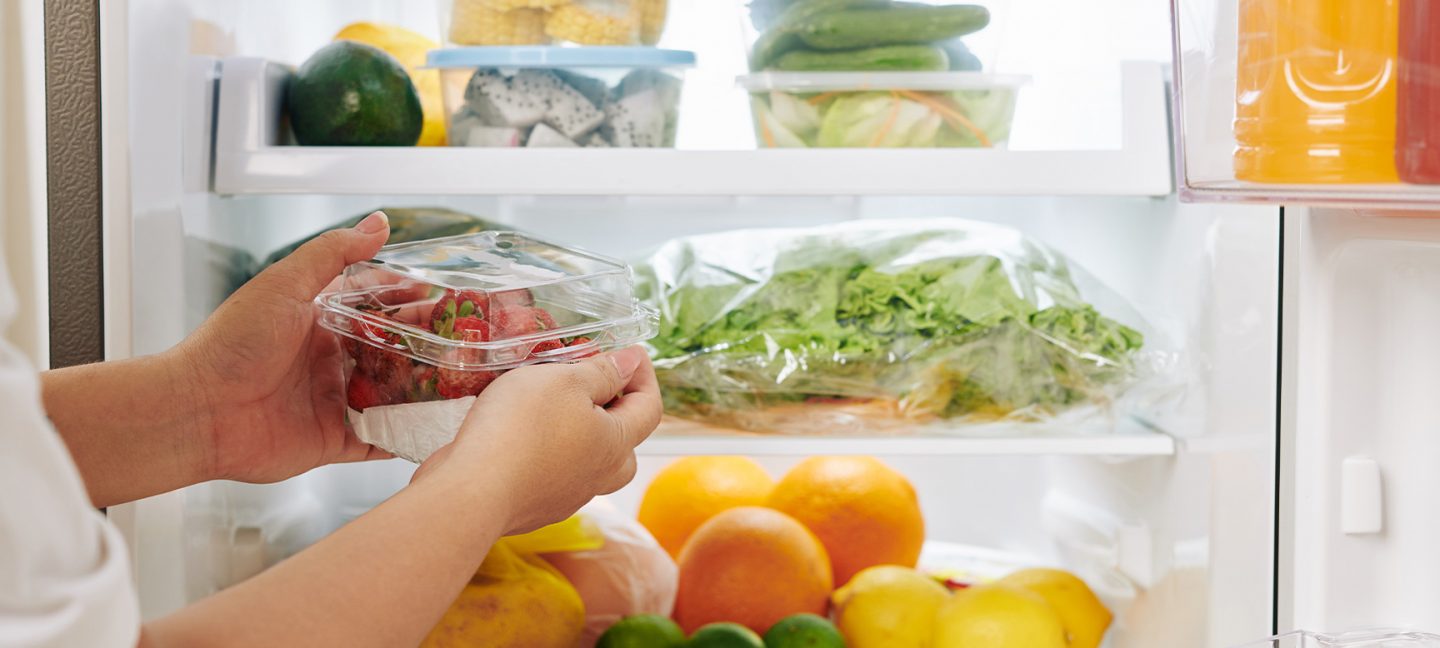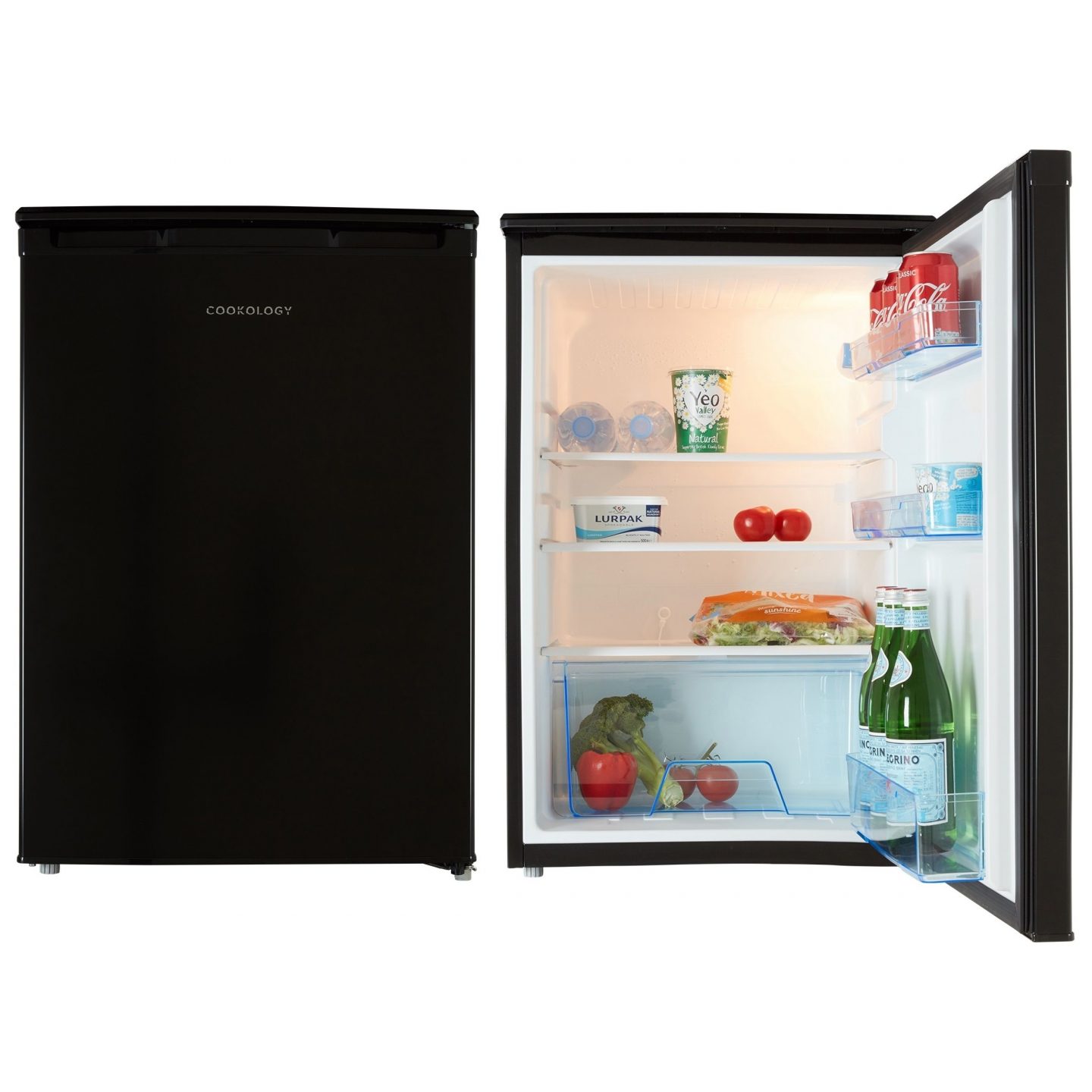We all take our fridge freezers for granted. We expect them to work faultlessly and keep our food fresh day in, day out. But, like all other kitchen appliances, no fridge freezer lasts forever: there will come a day that yours lets you down.
The question is, how often should you replace your fridge freezer – and how long do they last on average? We’ll be answering that question right here, as well as offering tips to help you spot when your appliance is nearing its end – and how to extend its lifespan for as long as possible.
How long does the average fridge freezer last?
Given that most fridge freezers come with a 12-month warranty, you might expect them to last between three and five years before they begin to wear out. Not so. On average, fridge freezers typically last for upwards of eight years before letting you down – and many last far longer than that.
It’s not uncommon for quality fridge freezers to last for more than a decade, with some models still performing faultlessly after 15 years or more.
Because fridge freezers combine two appliances into one, it’s a little more tricky to predict how long they’re likely to last. That’s because standalone fridges tend to expire before freezers do; many freezers can last for up to 20 years, while the average fridge is past its best by 10 years. So, if you buy a fridge freezer, you’re likely to notice issues with the fridge section before the freezer compartment acts up.
With all that said, these estimates are just that – estimates. The lifespan of a fridge freezer can vary significantly depending on usage, maintenance and, of course, make and model.
How do I know if my fridge freezer is dying?
It’s rare for a fridge freezer to give up the ghost in an instant. Typically there are signs that your appliance is nearing its end – so if you notice any of the following, it might be time to get a new fridge freezer before your current one packs up.
Your food is going off (when it shouldn’t)
If your food is bad but the expiry dates suggest otherwise, your fridge freezer is either set at too high of a temperature or it’s no longer able to maintain a low enough temperature to keep food fresh.
It’s making strange noises
If the appliance is noisier than it used to be, there’s a good chance that its days are numbered. Abnormal buzzing or rumbling sounds point to a worn out motor, which may be struggling hard to keep each compartment cool.
Condensation on the outside
This is typically a sign that your fridge freezer’s seals are leaking, allowing cold air out and warm air in. Not ideal.
The coils are overheating
Although it’s normal for the coils on the rear of your fridge freezer to get hot, they shouldn’t be excessively so. If they’re way hotter than they used to be, your appliance is probably on its way out.
Frost builds up too quickly
Even if your appliance isn’t a ‘frost-free’ model, you shouldn’t have to defrost it very often. If you’re noticing frost or ice building up frequently, the temperature is either set too low or the appliance is no longer able to regulate its internal temperature correctly.
How to maximise the lifespan of a fridge freezer
So, now you know roughly what to expect from your fridge freezer (and what to look out for as it gets older), how can you maximise its lifespan and make sure it reaches that 10-15-year mark? Here are some tips.
Avoid storing too much (or too little) food
Storing too much food inside your fridge freezer will make it harder for the appliance to maintain its temperature, as will leaving it mostly empty. Try to pick a fridge freezer that’s appropriately-sized for your needs and avoid over or under-filling it.
Place it away from radiators
If you place your fridge freezer next to a radiator, you’ll force it to work harder, wearing it out prematurely. If possible, position the appliance away from any heat sources in a well-ventilated area. Positioning a fridge freezer correctly is important to ensure a long life. A location with a consistent room temperature means the unit doesn’t have to work hard each time the temperature fluctuates.
Keep it clean
Clean the inside of your fridge freezer regularly, paying particular attention to the seals. Keeping these clean and in good condition will make it easier for the appliance to maintain its internal temperature, giving it an easier life. The same applies to the coils on the rear; ensuring they’re free of dust and debris will help maximise the lifespan of your fridge freezer.
Find your next fridge freezer at Cookology
In the market for a new fridge freezer? We’ve got you covered here at Cookology. Explore our complete range and place your order online today.
